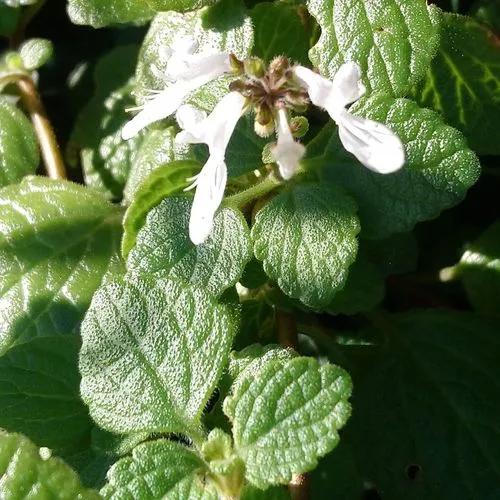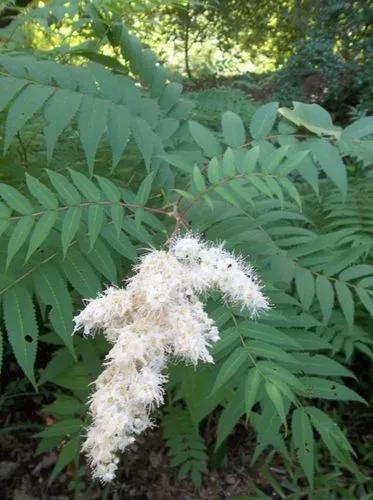A member of the Anigozanthos genus, Anigozanthos manglesii is a rhizotomous perennial with long, grey-green linear leaves around 30 to 60 cm long. The leaves extended from a central point at ground level. Its red and green flowers appear at the end of long stalks between August and November.
Red Kangaroo Paw Care
Anigozanthos Manglesii



How to Care for the Plant

Water

Kangaroo paw plants prefer a moderate amount of soil moisture, though they have some drought tolerance. Soggy soil can cause root rot and kill the plants. So wait until the top couple inches of soil are dry to the touch before watering. However, in the spring and summer when most of the blooming occurs, kangaroo paw does appreciate some additional water.

Pruning

Kangaroo paw plants respond well to heavy pruning. Cut back the plants—leaves, flower stalks, and all—to 6 inches above the soil line after the blooms have faded. This will prevent old foliage from becoming diseased and promote denser growth. You also might be rewarded with a second, smaller flush of blooms toward the end of the growing season.

Fertilizer

Kangaroo paw plants aren't heavy feeders, so regular fertilizer isn't necessary. In the spring before the flower stalks appear, add a cup or two of compost to the soil to promote healthy growth.

Sunlight

These plants prefer to grow in full sun. At least six hours of direct sunlight on most days will enable kangaroo paw plants to produce the best growth and blooms. They can even tolerate intense light from hot afternoon sun. Insufficient light can cause tall plants to flop over and lessen bloom production.

Soil

These plants naturally grow in sandy soil with a slightly acidic soil pH. But they can tolerate a variety of soil types, as long as there is good drainage. For container plants, use an all-purpose potting mix amended with a few handfuls of sand.

Temperature

These plants thrive in the heat, and frost can be fatal to them. They like temperatures between roughly 70 and 80 degrees Fahrenheit. And once the temperature falls below 50 degrees it's time to bring them inside. They also naturally thrive in dry conditions but can tolerate some humidity, too.

Popularity

382 people already have this plant 18 people have added this plant to their wishlists
Discover more plants with the list below
Popular articles






